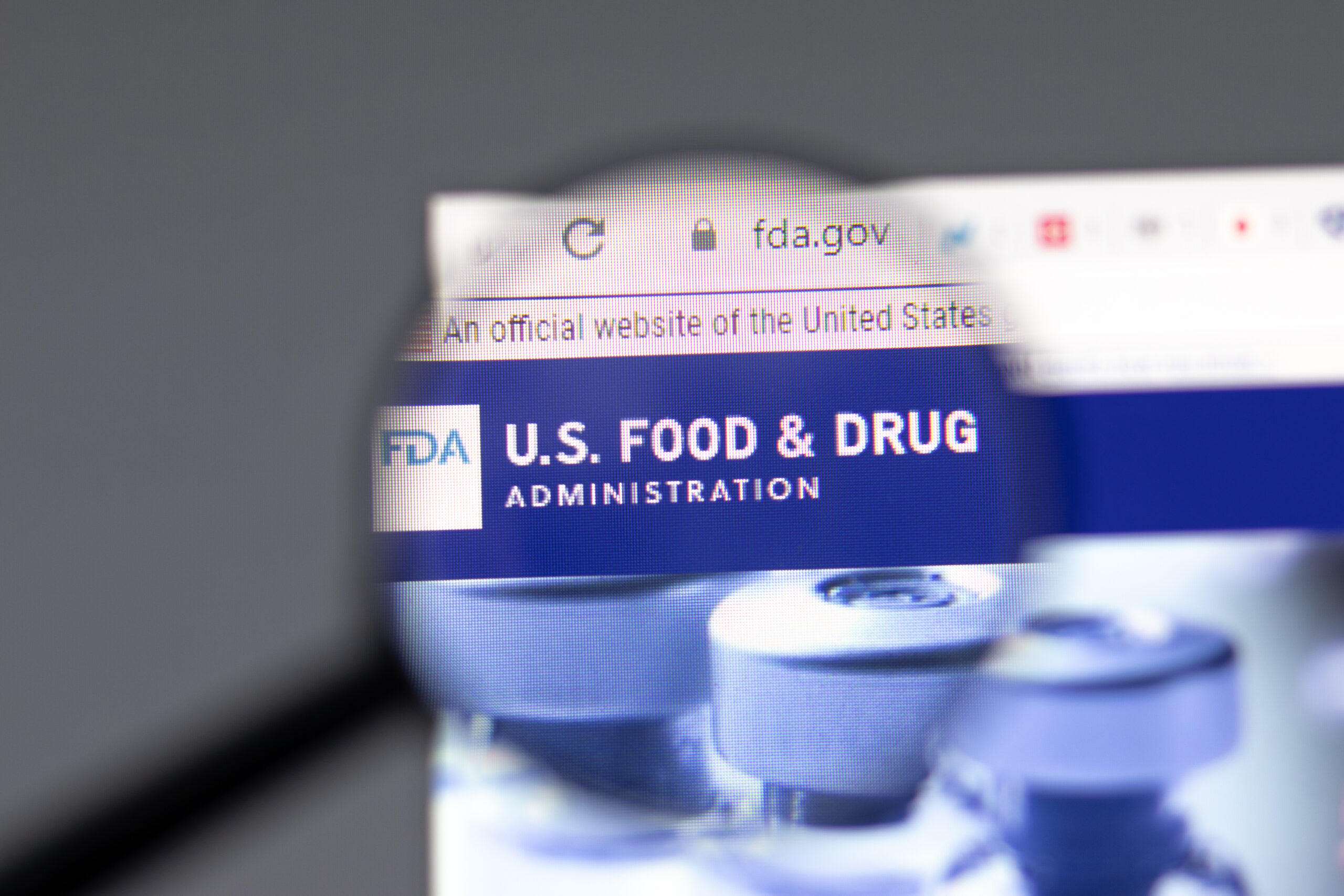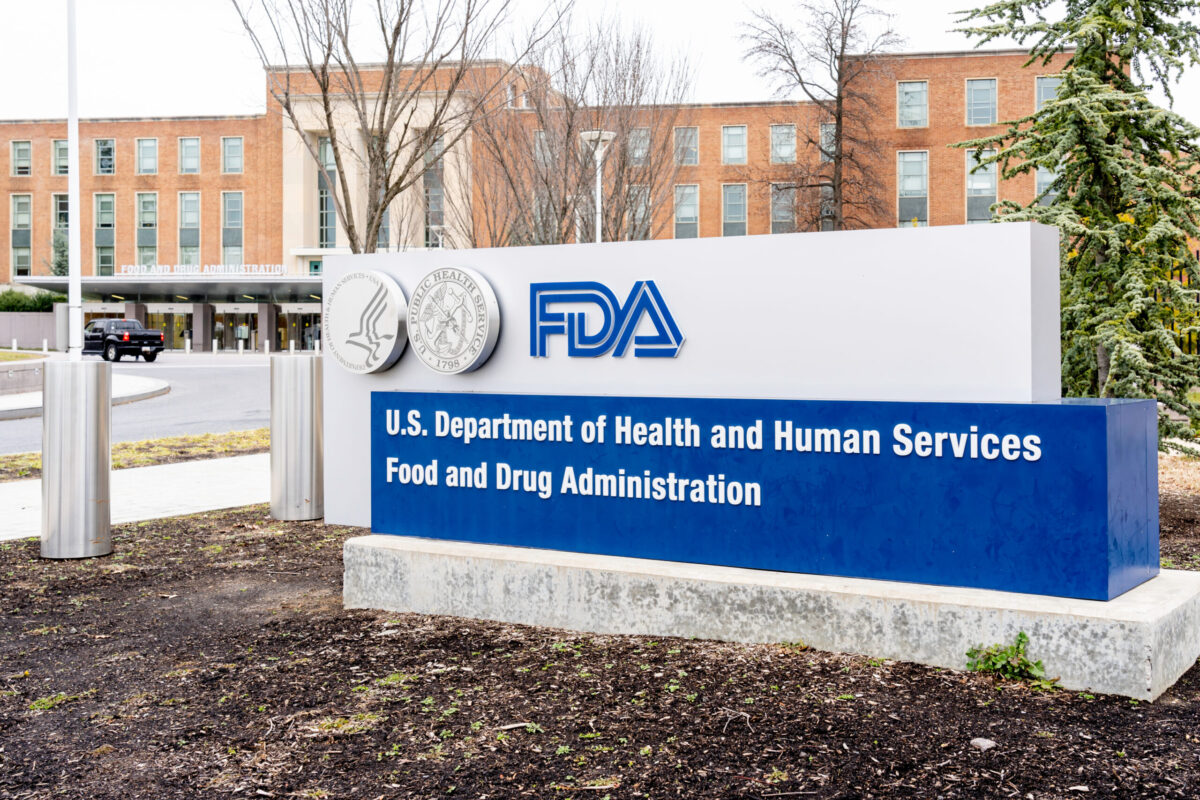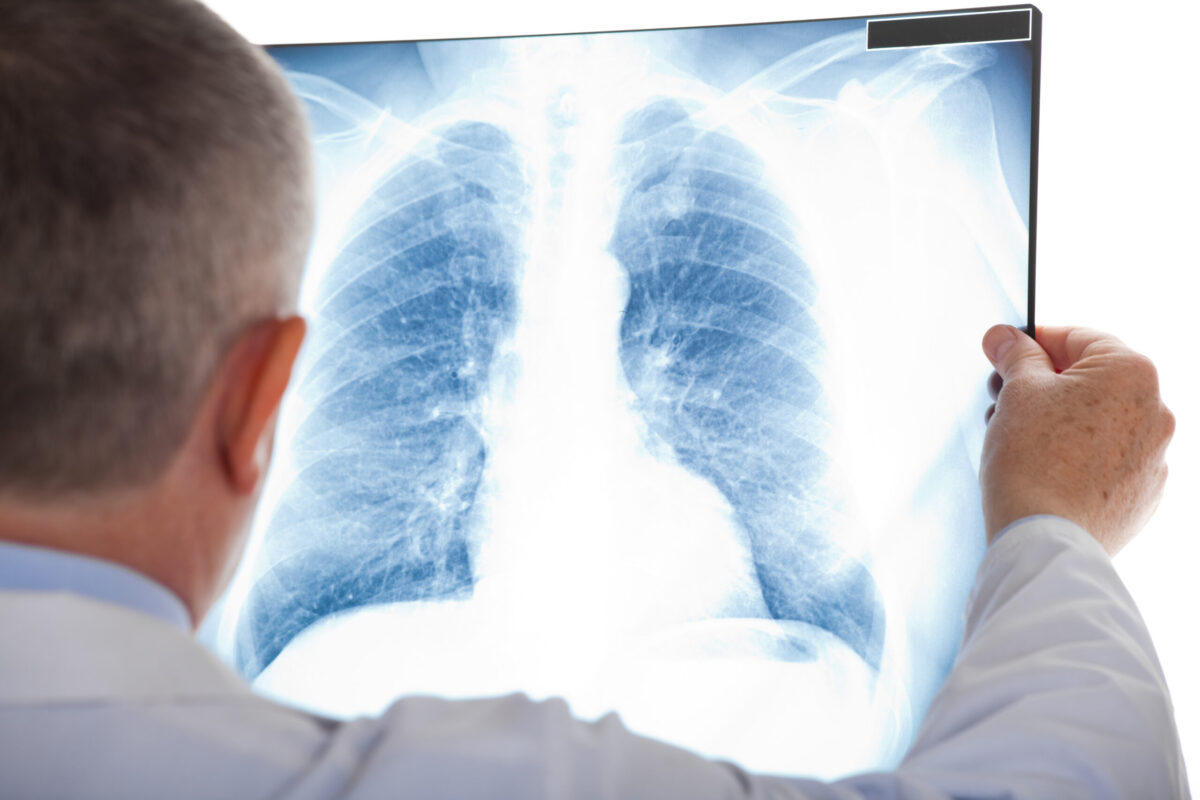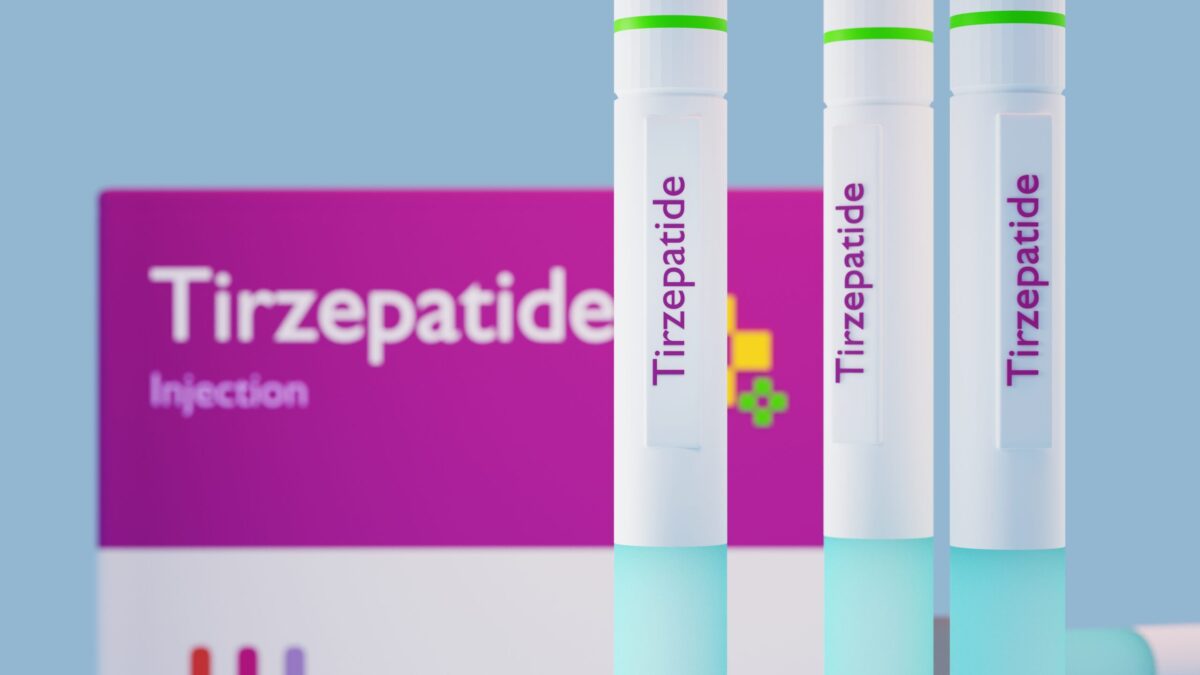San Diego-based company Arena Pharmaceuticals has released the results for their Phase II clinical trial of ralinepag, an investigational drug designed to treat pulmonary arterial hypertension (PAH). While the clinical trial was small, the results could pave the way for late-stage clinical studies of ralinepag.
In patients with PAH, the small arteries that deliver blood from the heart to the lungs become constricted. This increases the patient’s blood pressure which can lead to potentially life-threatening complications, including heart failure.
Ralinepag is an oral prostacyclin receptor agonist designed to trigger vasodilation of the blood vessels, thereby lowering blood pressure. The drug was discovered by Arena Pharmaceuticals, and is also being developed by the biopharmaceutical company.
The Phase II clinical trial involved 61 patients with PAH. The primary endpoint in the study was defined as the absolute change from baseline in pulmonary vascular resistance (PVR), a measure of the flow of blood through the pulmonary arteries.
Patients with PAH who were given ralinepag showed a nearly 30 percent improvement in the measure of PVR, compared to the placebo group. These patients also demonstrated a 20 percent improvement in PVR compared to their own baseline measurements.
“The positive outcome of this Phase II trial in a contemporary PAH patient population is an important milestone in the development of ralinepag for the treatment of patients suffering from this grievous illness,” said Dr. Preston Klassen, Executive Vice President, Research and Development and Chief Medical Officer of Arena. “It is exciting to see the positive nonclinical pharmacological profile translating into potentially the first oral prostacyclin therapy that may approach consistent therapeutic levels without the complexity of parenteral (IV) therapy.”
While Arena reported that ralinepag treatment was also associated with an improvement in 6-minute walk distance, a functional measure that gives researchers an idea of a patient’s lung function and capacity, they did not claim that this result was statistically significant. Klassen commented that these results will allow them to push ralinepag into Phase III clinical trials.
“PAH is a complex and serious disease, often with a poor prognosis despite the use of currently available treatments,” said Dr. Vallerie McLaughlin, Kim A. Eagle MD Endowed Professor of Cardiovascular Medicine at the University of Michigan and Director of the Pulmonary Hypertension Program. “New therapeutic options to manage patients with PAH are needed. The results of this Phase 2 study of ralinepag, in patients already receiving, in most cases, multiple background therapies, showed a clinically meaningful improvement in PVR, a well-established indicator of treatment benefit, believed to be correlated with long-term clinical outcomes in patients with PAH.”
PAH is considered to be a rare disease with an estimated prevalence of 15 to 50 cases per million people in the general population. While drugs belonging to multiple classes – including endothelin receptor antagonists (ERAs), phosphodiesterase-5 (PDE-5) inhibitors, prostacyclin analogues and soluble guanylate cyclase (SGc) stimulators – have been approved to treat PAH, most patients will still experience disease progression while taking these therapies.












Join or login to leave a comment
JOIN LOGIN